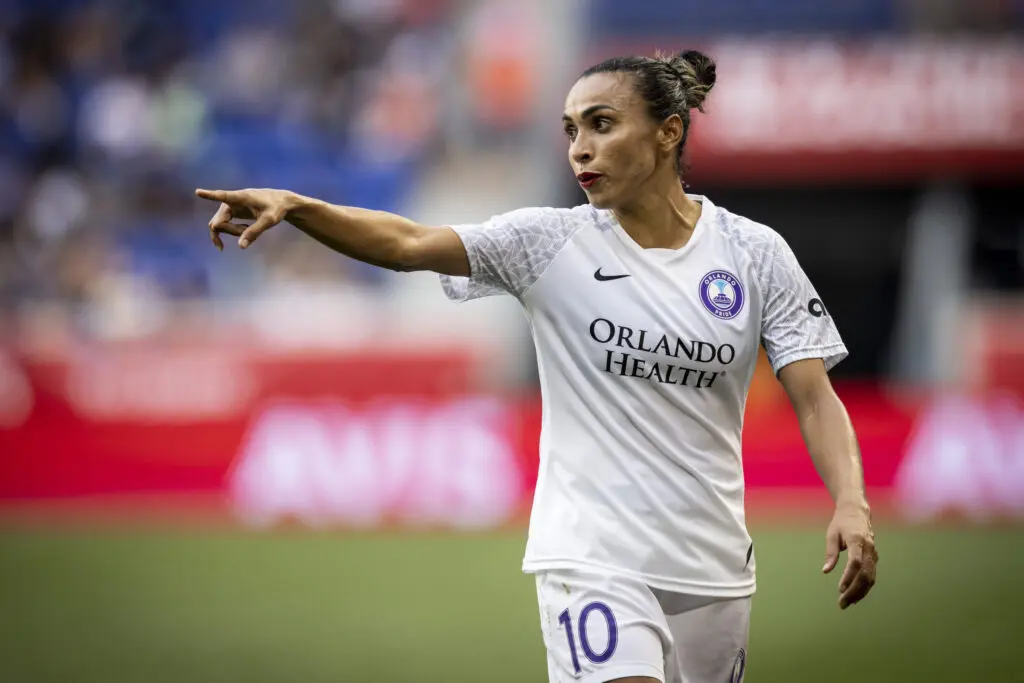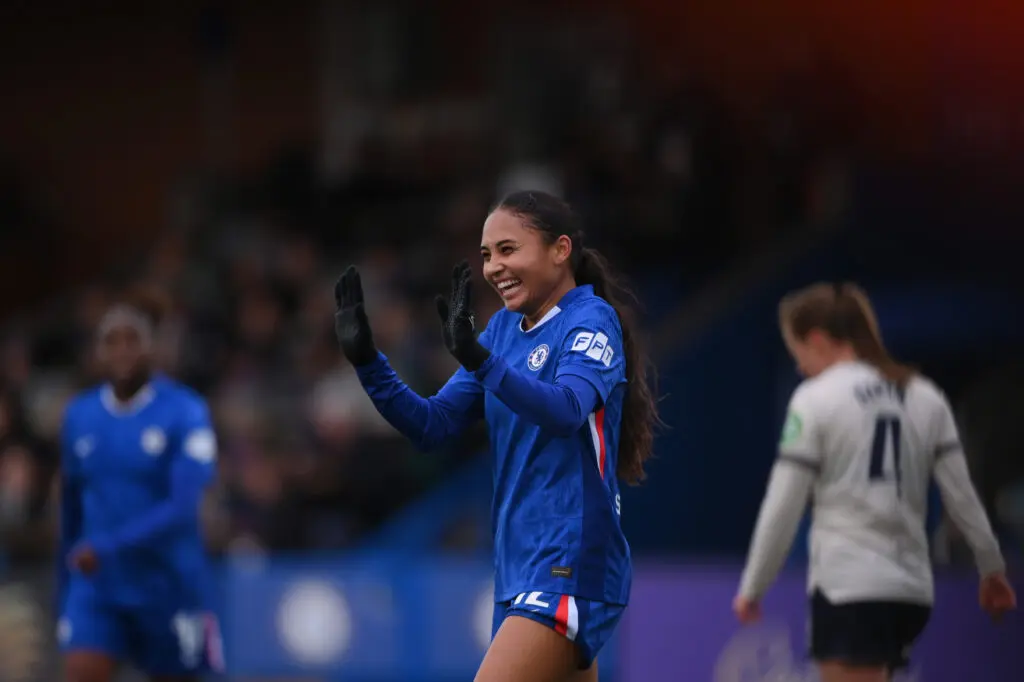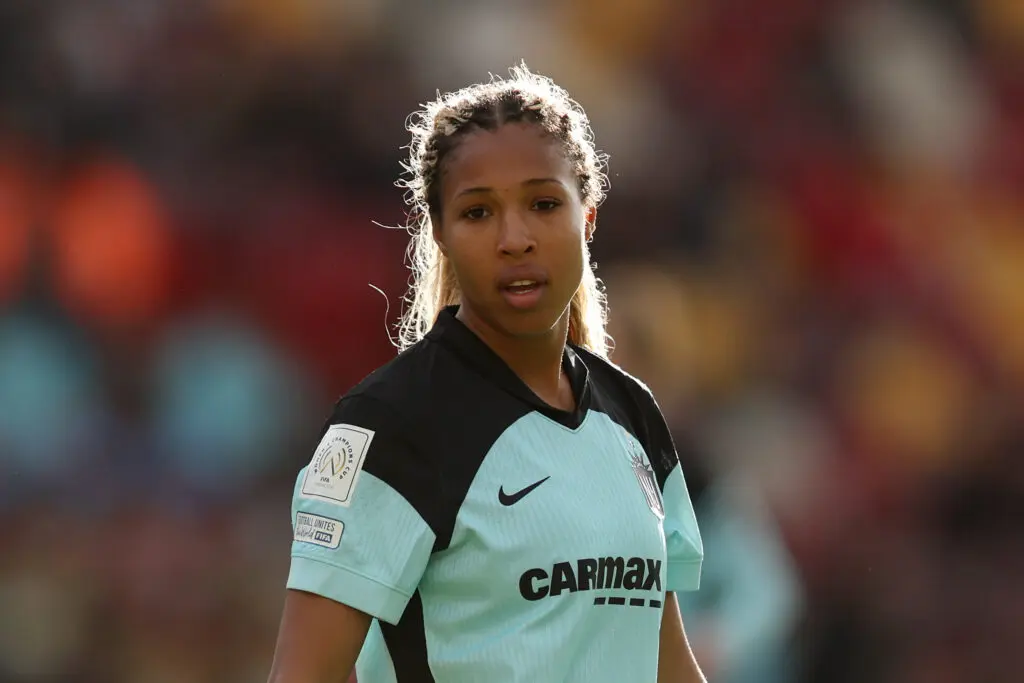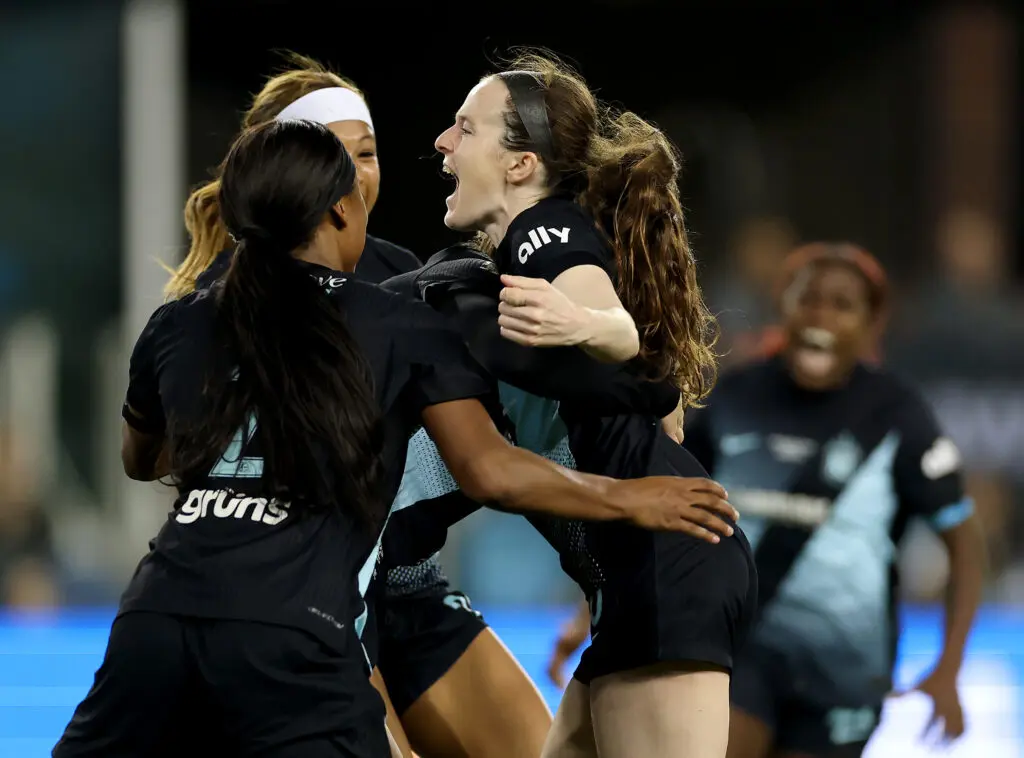Since joining the NWSL in 2017, the Orlando Pride have had a tenuous foothold on the NWSL standings. Despite initially fielding a splashy lineup featuring players like Alex Morgan, Ashlyn Harris and Marta, Orlando could never quite get the results to match the potential of its assembled roster.
A high coaching turnover rate affected consistency, and the team slid toward the bottom of the table, finishing last in 2019. In the years since, Orlando has had stretches of positive results but has still struggled to compete by the end of a punishing NWSL season.
Recently, Orlando’s philosophy toward roster-building has shown a marked change from the top-heavy investment of the team’s early years. Under new head coach Seb Hines, the Pride have compiled a young core of developing players through the draft and free agency, allowing the club to put roots down before beginning to grow into a playoff contender. The question in 2023 is whether the team can contend this year, or if they’re stuck building for the next version of the future.
2022 review: Getting stuck in
Despite renewed expectations, Orlando’s 2022 season started with middling results, as the occasional attacking fireworks couldn’t quite make up for their struggles on defense. The Pride would gut out a win one weekend, and then give up four or five goals to their next opponent.
The inconsistencies weren’t relegated to on-field performances. Head coach Amanda Cromwell was suspended in June (and later expelled from the league) amid an investigation for possible retaliation, and Hines was given interim control of the team midway through the 2022 season.
Despite adversity, the Pride also proved themselves resilient in the second half of the season. Orlando pulled together a five-game unbeaten streak in June after Cromwell’s suspension, becoming a stuck-in group that was very difficult for opponents to break down. While the Pride didn’t always play the prettiest soccer, they did stop the bleeding that plagued them at the beginning of the season.
But working primarily without the ball has its costs, and at the end of the season, fatigue set in and the club struggled to implement tactics that went further than stopping the opposition. A few multi-goal losses to opponents at the top of the table, like OL Reign and Portland, firmly ended Orlando’s dream of a playoff surge and relegated the club to a 10th-place finish in the 2022 standings.
Last year, Orlando became more of a proof of concept than a fully realized soccer team, defined more by how they could frustrate other teams than the strengths they brought to a match themselves.

Offseason moves: Building a new future
After a season of ups and downs, Hines began to further compile the young group the Pride believe can carry the team for years to come. Orlando was reportedly in the running for top free agent Debinha, but even after losing out to the Kansas City Current, the Pride front office continued to look for ways to solidify their core.
Orlando targeted talent in the draft, bringing in Emily Madril (No. 3) to partner with Megan Montefusco in the central defense and picking up underrated playmaking talent in the later rounds. Midfielder Summer Yates (No. 39) can create havoc in an NWSL midfield, and forward Messiah Bright (No. 21) could be the steal of the draft after Orlando grabbed her late in the second round. In free agency, the Pride signed Brazil forward Adriana to add extra firepower to the attack.
The Pride will also benefit from the return of legendary Brazilian playmaker Marta, who missed almost all of the 2022 season with an ACL tear. Marta brings both quality to the attack and veteran experience that will help Orlando’s young group learn the standards of the professional league. She will help make up for the loss of forward Darian Jenkins, who announced her retirement in January.

2023 outlook: Don’t overthink it
Perhaps for the first time, Orlando appears to be building a real foundation for the future, but their success this year will depend on how the coaching staff adapts to the team’s skill set. The midfield is still unbalanced, with more attacking midfielders than players who excel at off-the-ball defensive positioning. Mikayla Cluff is ready for greater midfield responsibilities, but she’s a forward-pushing midfielder, as is rookie Yates. The Pride can’t spend too much time trying to possess through the middle of the pitch if they want to find immediate success.
The good news for Orlando is that they don’t necessarily have to aspire to possession-based soccer when it makes more sense to play direct. With a number of quality options along the frontline, the Pride can play through their forwards while providing a level of defensive coverage they might not have had before.
Orlando’s ceiling will depend on the team’s ability to move the ball quickly and to absorb pressure. Madril and Montefusco will have to build chemistry quickly, with the hope that players like Ally Watt and Julia Doyle will be able to pounce on quick-trigger opportunities on the other end.
Ultimately, the Pride could be written off as a work in progress for the future. But many great clubs in the NWSL’s history have found ways to turn positive play into results by not overcomplicating the task at hand, and a little confidence for a team in transition could go a very long way.
Claire Watkins is a Staff Writer at Just Women’s Sports. Follow her on Twitter @ScoutRipley.




